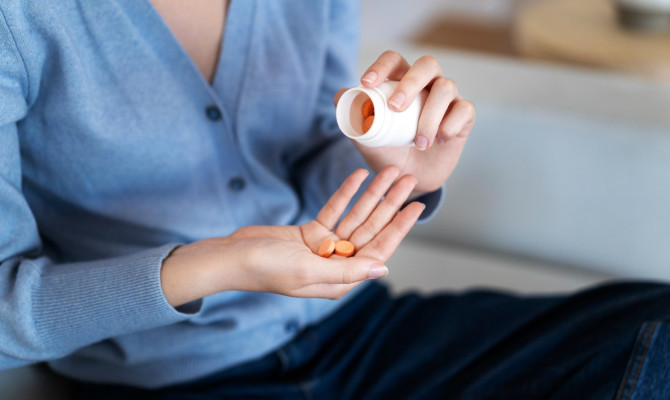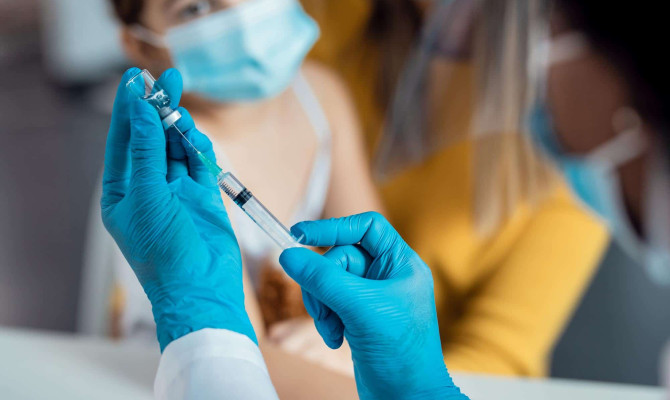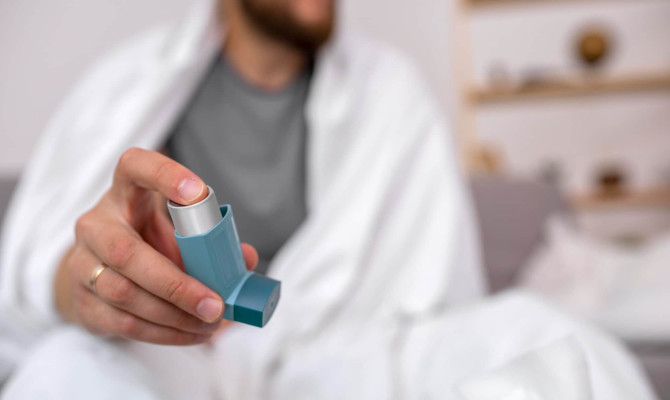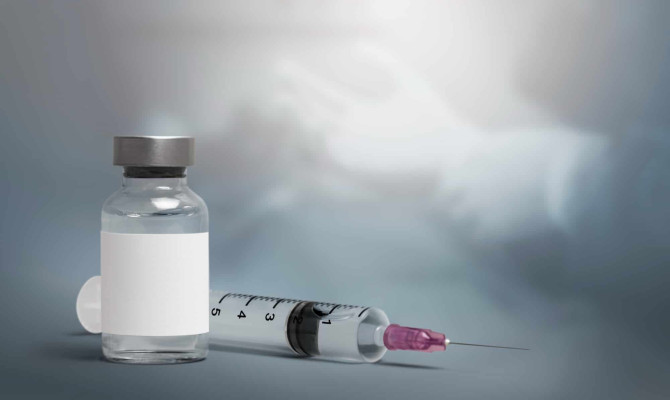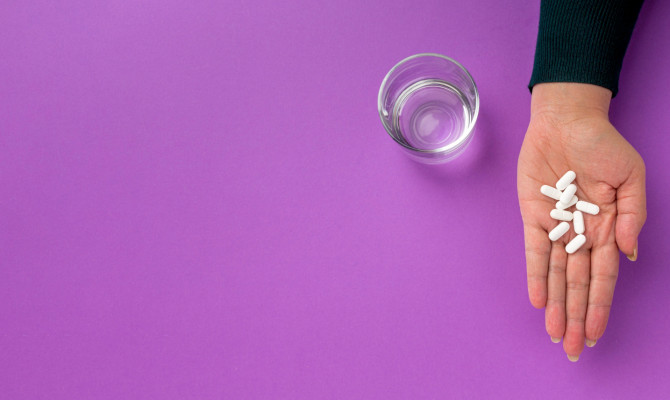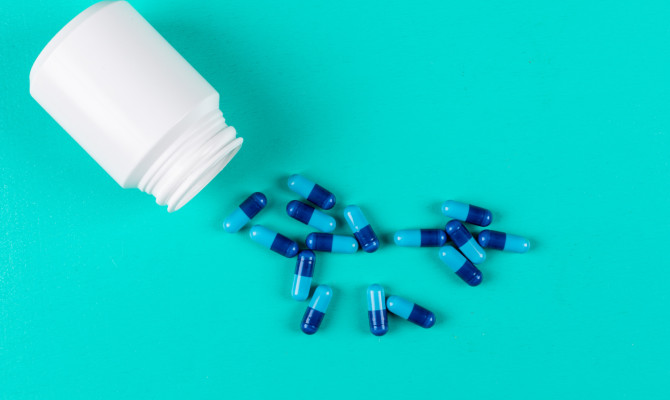Invokana: Uses, Dosage , Side effects and Interactions

- Invokana
- 22 Aug 2023
Overview
What is Invokana?
Invokana is the trade name for prescription medication to treat Type 2 diabetes (diabetes mellitus) in adults. Doctors prescribe Invokana to Type 2 diabetic patients with the correct diet and exercise to control blood sugar levels, reduce the possibility of heart problems, and lower the risk of kidney damage associated with persistent diabetes.
However, health professionals might also prescribe Invokana for other purposes not mentioned above.
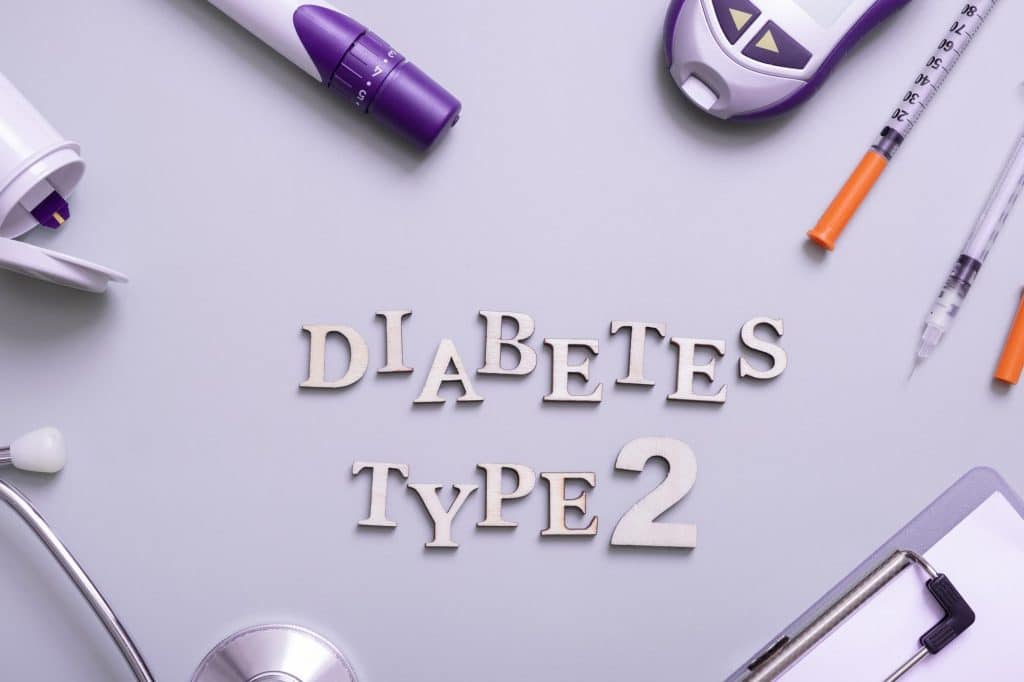
Facts of Invokana
- In 2013, the FDA (The Food and drug administration, United States) approved Invokana for glycemic control in type 2 diabetes.
- Invokana is the third line medication after the first (primary medication) viz; metformin. First-line medication is the treatment that doctors prescribe first to treat a disease. If the first-line medication fails to give desirable results, he prescribes second and third-line medications.
- Invokana is not available as a generic medication. A generic drug replicates the active drug in the trade name medication.
- FDA has not approved Invokana for treating type 1diabetes 1Overview| Researched based study from Nlm.nih.gov
Category of drug
Invokana contains canagliflozin as the active ingredient. It belongs to the drug class called sodium-glucose transport protein 2(SGLT2) inhibitors.
The drug class is the group of medications that works similarly 2Overview| Researched based study from Sciencedirect.com
Mode of action of Invokana
- Invokana works by lowering the glucose level in the blood. It makes the kidney remove the excess sugar, salt, and water through the urine. By removing surplus salt and water, Invokana decreases the risk of damage to blood vessels, the heart, and the kidney. Thus, Invokana, besides controlling sugar, reduces the chance of diabetic complications viz; heart attack, stroke, and kidney failure 3Overview| Researched based study from Nlm.nih.gov
Uses
Uses of Invokana
Management of Type 2 Diabetes
FDA has approved Invokana to treat adult Type 2 diabetes. Invokana is used to manage the following conditions:
- To control blood sugar levels besides exercise and a well-balanced diet
- To decrease the risk of cardiovascular issues that can lead to stroke (a situation when the brain’s blood vessel ruptures) and heart attack
- To reduce the risk of diabetic nephropathy (chronic kidney disease) that can lead to elevated creatinine in blood, kidney malfunctioning, heart failure, and death 5Uses| Researched based study from Nlm.nih.gov
Dosage
Dosage & Forms of Invokana
Formulation of Invokana
Invokana comes in tablet form that one can swallow with plain water
Invokana is available in two powers (strength)
- 100 mg (milligram)
- 300 mg 7Dosage| Researched based study from Nlm.nih.gov
Taking Invokana
- Take Invokana as the doctor recommends.
- One can take Invokana with or without food, but doctors often advise to take before breakfast to avoid after-meal blood sugar spikes
Dosage of Invokana
The Invokana dosage depends on the estimated glomerular filtration rate (eGFR) measurement (eGFR is a measurement to identify how well the kidneys are working)
Dosage for individuals with mild or no loss of kidney function (eGFR=60)
- Initial dose-100 mg daily
- Depending on the patient’s need, the doctor might increase the dose to 300 mg daily.
Dosage for moderate loss of kidney function (eGFR =30 to 59)
- Dose-100 mg daily
Dosage for severe loss of kidney function (eGFR< 30)
- Doctors do not recommend Invokana for such patients. However, for patients who are already using Invokana and are losing a specific amount of albumin in urine, the doctor might allow them to continue depending on the need 4Dosage| Researched based study from Nlm.nih.gov
However, one must follow the amount as prescribed by the doctor.
Missed dose
- In case of missed doses, take the amount instantly when you remember.
- However, never take two doses all together, which can have severe side effects.
- One who needs to be certain of taking or skipping the dose must talk to the physician.
Overdose
Overdose toxicity of Invokana
Taking Invokana more than the recommended dose can lead to serious side effects. However, if one has accidentally overdosed on the drug, in that case, one should straight away call the emergency medical number based on the geographical locality or hurry to the nearest emergency room.
Some of the overdose symptoms are as follows:
- Severe low blood sugar levels in the body
- Diarrhea
- Nausea and vomiting
- Kidney failure 8Overdose| Researched based study from Nlm.nih.gov
Side effects
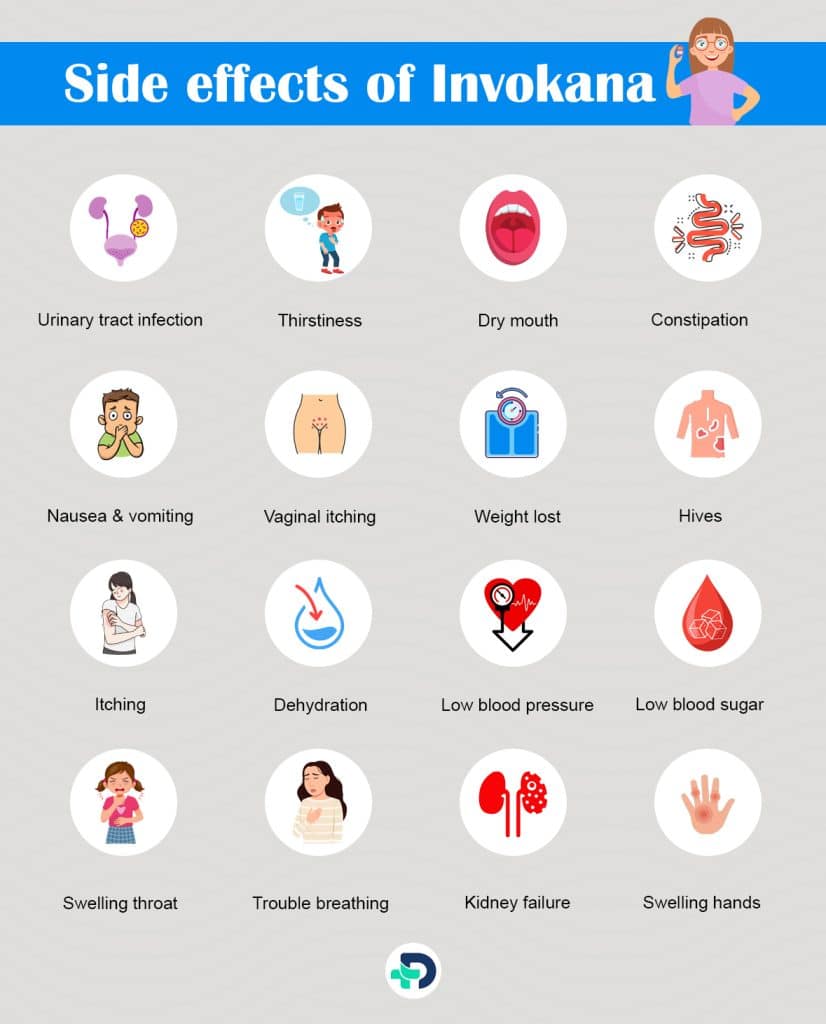
Side Effects of Invokana
Common side effects
- Urinary tract infection
- Vaginal yeast infection
- Yeast infection in the penis
- More urination than usual
Mild side effects
- Urinary tract infection
- Thirstiness
- Dry mouth
- Constipation
- Nausea and vomiting
- Vaginal itching
- Vaginal yeast infection
- Yeast infection in the penis
- Weight loss
- More urination than usual
Serious side effects
- Hives
- Itching
- Dehydration
- Low blood pressure
- Low blood sugar (hypoglycemia)
- Increased risk of bone fractures
- Swelling in the lips, mouth, tongue and throat
- Swelling of eyelids, feet ,and hands
- Trouble breathing
- Elevated ketones (acidic chemicals) in blood and urine
- Severe infection in the genitals (rare case)
- Kidney failure
- Serious urinary tract infection
- Surgical removal of body parts such as toe and foot (lower limb amputation) 6Side effects| Researched based study from Nlm.nih.gov
Contraindications
Contraindications
Invokana might not be appropriate for people with the following health conditions:
- Allergic to Invokana or any of the component of the drug
- Kidney disease
- Liver disease
- Kidney cancer
- Alcoholism(addicted to alcohol)
- People on diabetic medication such as sulfonylureas
- People with a risk of lower limb amputation
- People with a history of pancreatitis (pain and swelling of the pancreas) 10Contraindications| Researched based study from Nlm.nih.gov .
- Pregnant and nursing women should avoid using Invokana due to the lack of information on the safety and efficiency of these groups 9Contraindications| Researched based study from Nlm.nih.gov
Interactions
Interactions of Invokana
Invokana can interact with numerous medicines.
Some of the drugs that Invokana can interact with are as follows:
- Other diabetic drugs viz glucotrol, januvia, insulin
- Anti-inflammatory drugs (corticosteroid)
- Diuretic medication(Diuril, Microzide)
- Antidepressant medication(Prozac, Emsam)
- Blood pressure medication(Zestril, Cozaar)
- Heart medication(Lanoxin)
- Anti-seizure medication(Dilantin)
- Antibiotic(Rifadin)
- Human immunodeficiency virus (HIV) medication(Norvir)
Supplements and herbs that Invokana can interact with are as follows:
- Chromium
- Alpha-lipoic acid
- Gymnema
- Prickly pear cactus
- Bitter melon 11Interactions| Researched based study from Nlm.nih.gov
However, interactions might occur with additional drugs not listed above. So, patients with health issues must always report to the doctor about it ahead of taking the medication.
Storage
Storage & Disposal of Invokana
Storage suggestions
- Store Invokana in a tightly sealed container at room temperature 20 to 25 degrees centigrade.
- Keep Invokana out of reach of youngsters and kids.
- Avoid keeping Invokana in damp places, such as the bathroom
Disposal
- Dispose of unused medications in a disposal container such as sharps container, to avoid accidental overdose or demises of animals or pets.
- Discard the tablets whose termination date has crossed.
Alternatives
Alternatives to Invokana
Other drugs are also accessible to treat Type 2 diabetes, similar to Invokana. Some may suit better. One deciding for alternative drug must discuss it with the physician to get the finest suit.
Alternative drugs for lowering blood sugar in Type 2 diabetic patients
- Farxiga
- Jardiance
- Tanzeum
- Januvia
- Actos 12Alternatives| Researched based study from Nlm.nih.gov
- Amaryl
- Glyset
Alternative drugs for reducing the risk of heart issues in Type 2 diabetic patients
- Victoza
- Jardiance
- Crestor
- Lipitor
Alternative drugs for reducing the risk of kidney problems (diabetic nephropathy) in Type 2 diabetic patients
- Irbesartan
- Lisinopril
Takeaway
Key Takeaways
- Invokana is an FDA-approved prescription for managing Type 2 diabetes in adults and associated diabetic complications such as heart and kidney.
- People with a health condition must notify their physician before taking Invokana to avert unwanted complications.
- Invokana has possible side effects. So, one must follow the exact doses as permitted by the physician.
Any feedback on this article?
 This Articles content was accurate
This Articles content was accurate Very Informative Article
Very Informative Article I have a question or a comment
I have a question or a comment
 This article contains inaccurate content
This article contains inaccurate content This article was not helpful
This article was not helpful I have a question or a comment
I have a question or a comment
We appreciate your helpful feedback!
Checkout our social pages
References
-
National Library of Medicine
Canagliflozin (Invokana), a Novel Oral Agent For Type-2 Diabetes | Overview
-
Science Direct
Canagliflozin - an overview | Overview
-
National Library of Medicine
Canagliflozin review – safety and efficacy profile in patients with T2DM | Overview
-
National Library of Medicine
Canagliflozin Treatment in Patients with Type 2 Diabetes Mellitus | Dosage
-
National Library of Medicine
Canagliflozin: a review of its use in patients with type 2 diabetes mellitus | Uses
-
National Library of Medicine
Effects of canagliflozin on cardiovascular risk factors in patients with type 2 diabetes mellitus | Side effects
-
Daily Med
INVOKANA- canagliflozin tablet, film coated | Dosage
-
National Library of Medicine
Severe Ketoacidosis Associated with Canagliflozin (Invokana): A Safety Concern | Overdose
-
National Library of Medicine
Canagliflozin | Contraindications
-
National Library of Medicine
A review of clinical efficacy and safety of canagliflozin 300 mg in the management of patients with type 2 diabetes mellitus | Contraindications
-
National Library of Medicine
Canagliflozin | Interactions
-
National Library of Medicine
Actos (pioglitazone): a new treatment for type 2 diabetes | Alternatives












